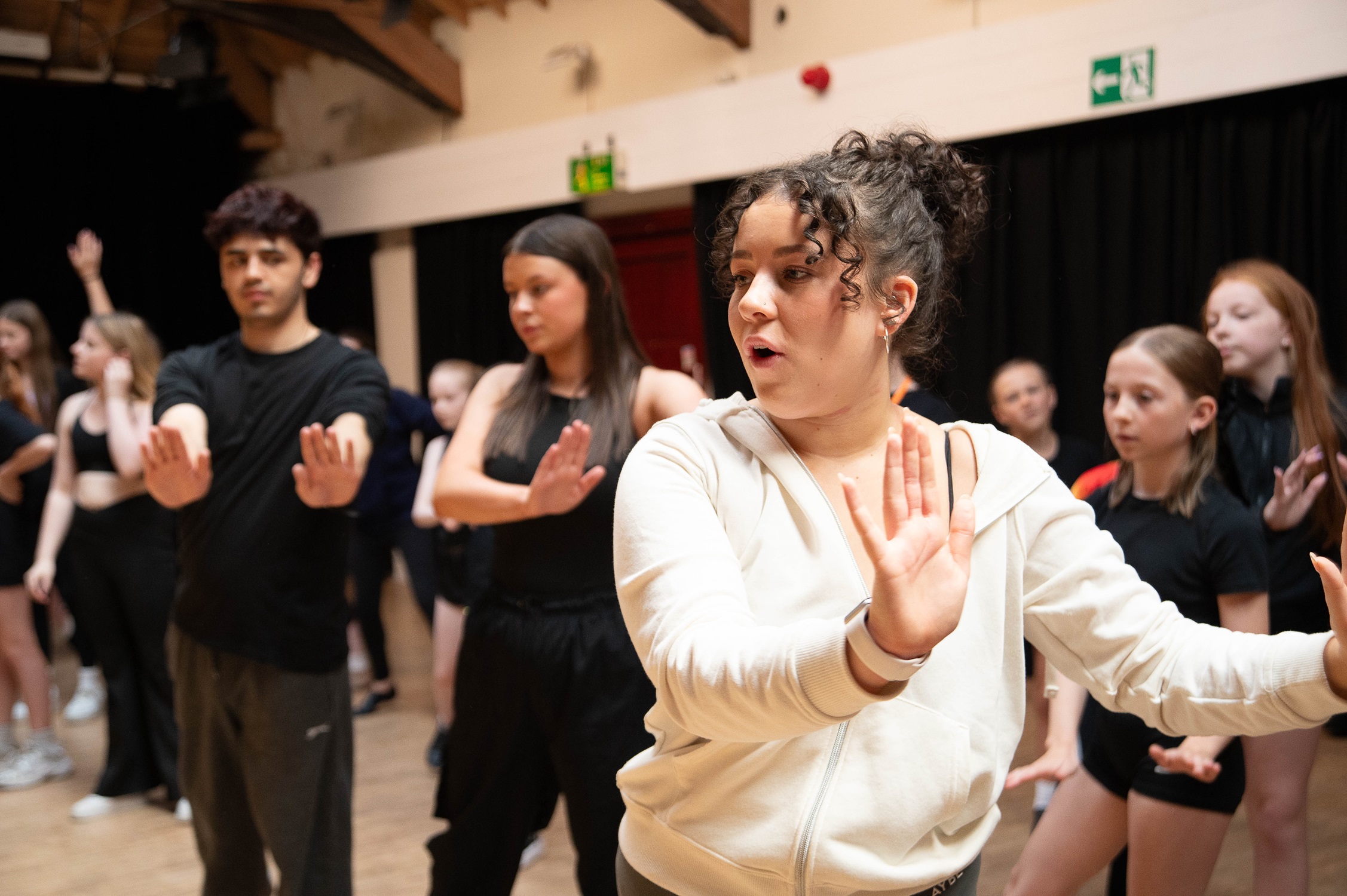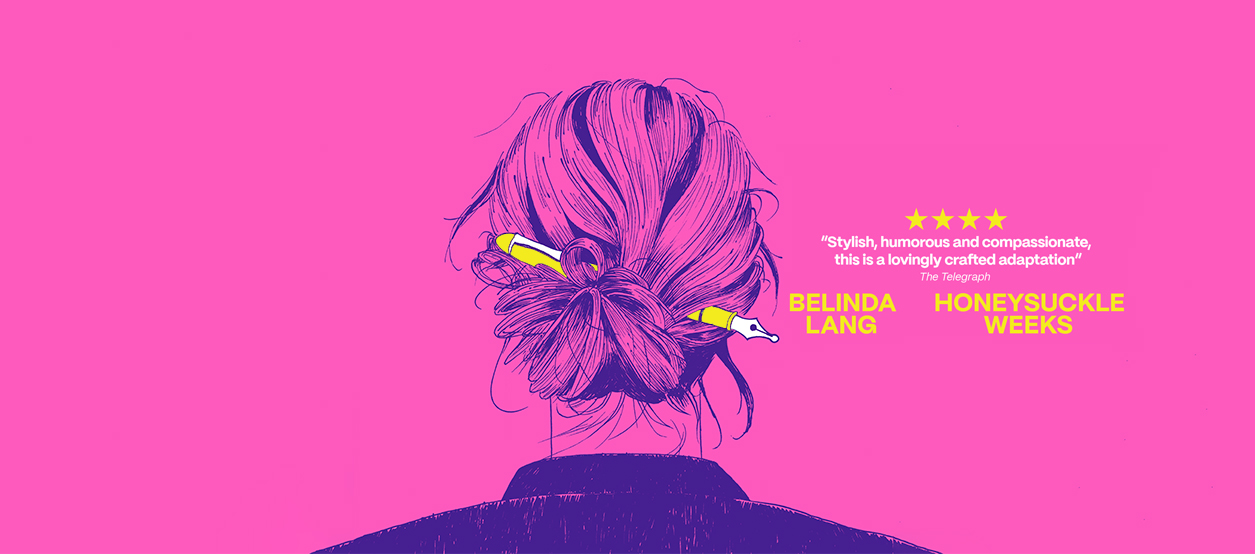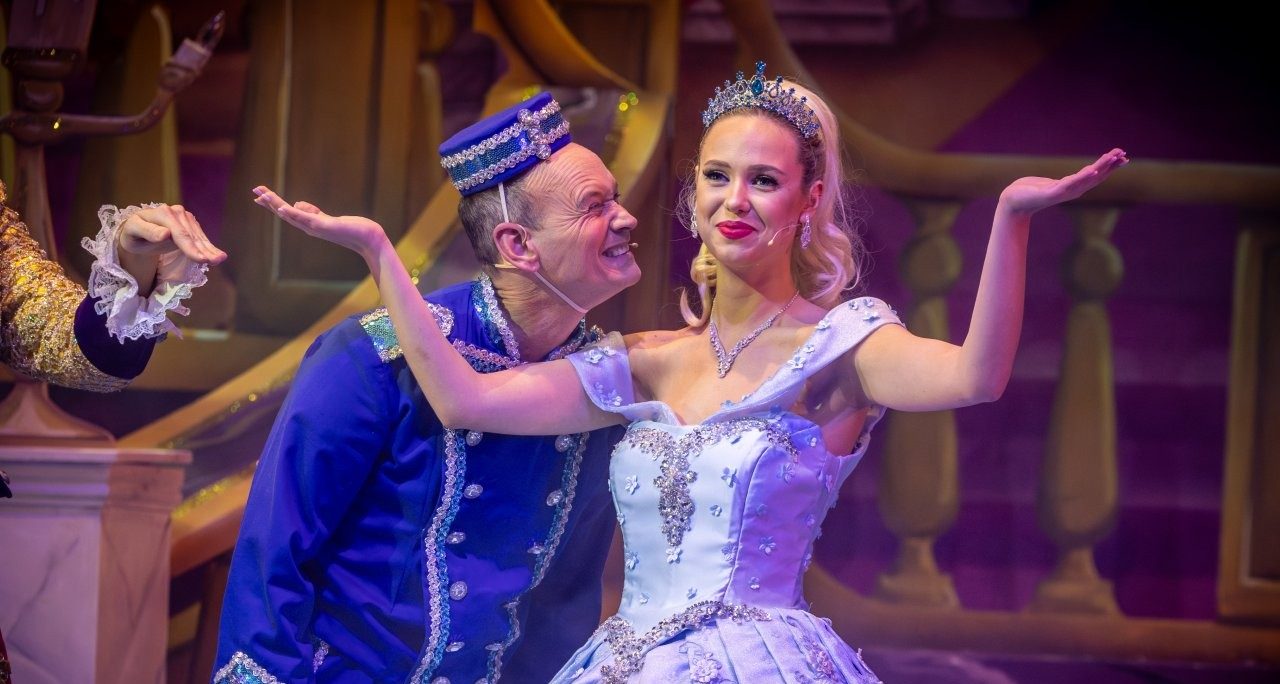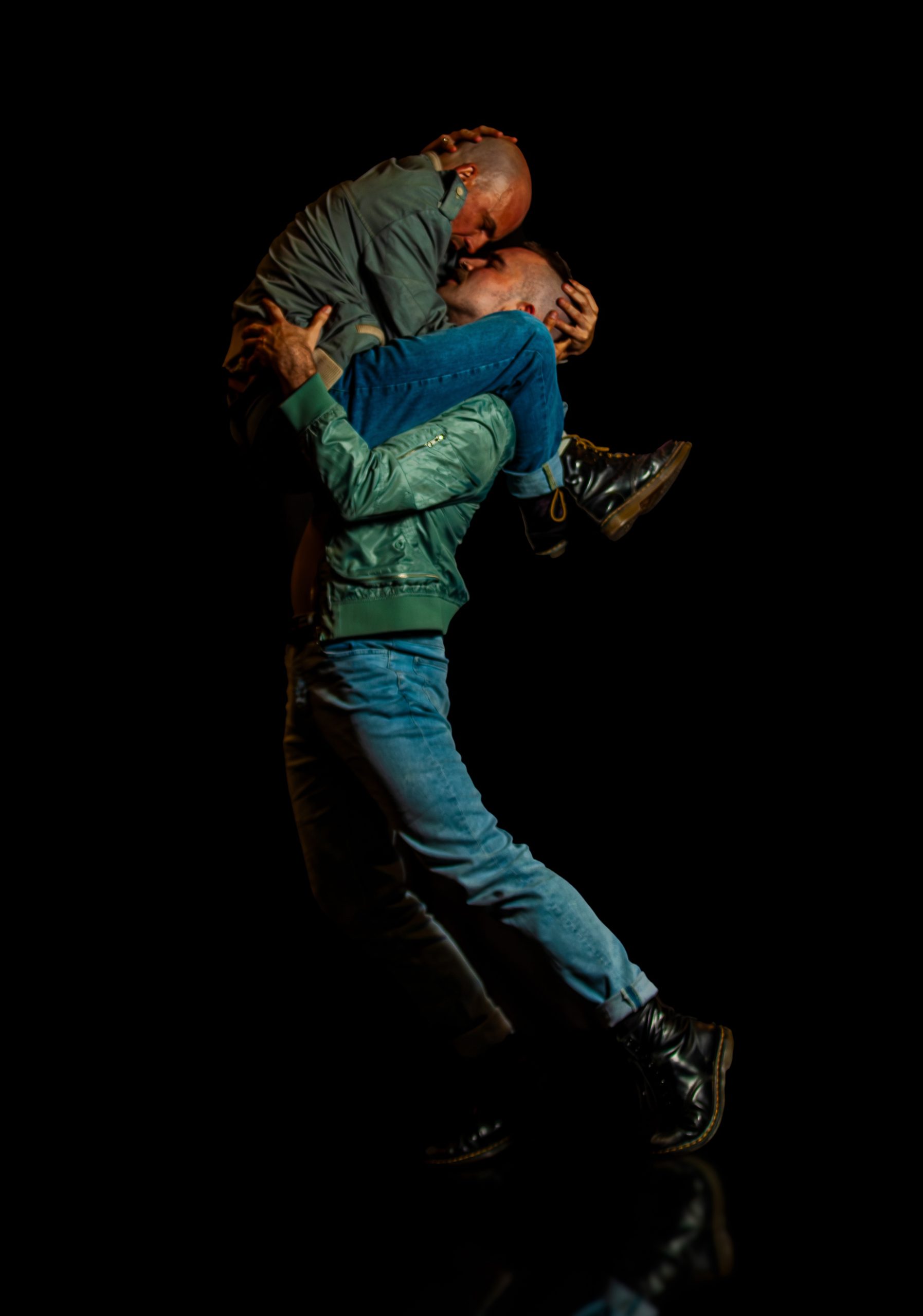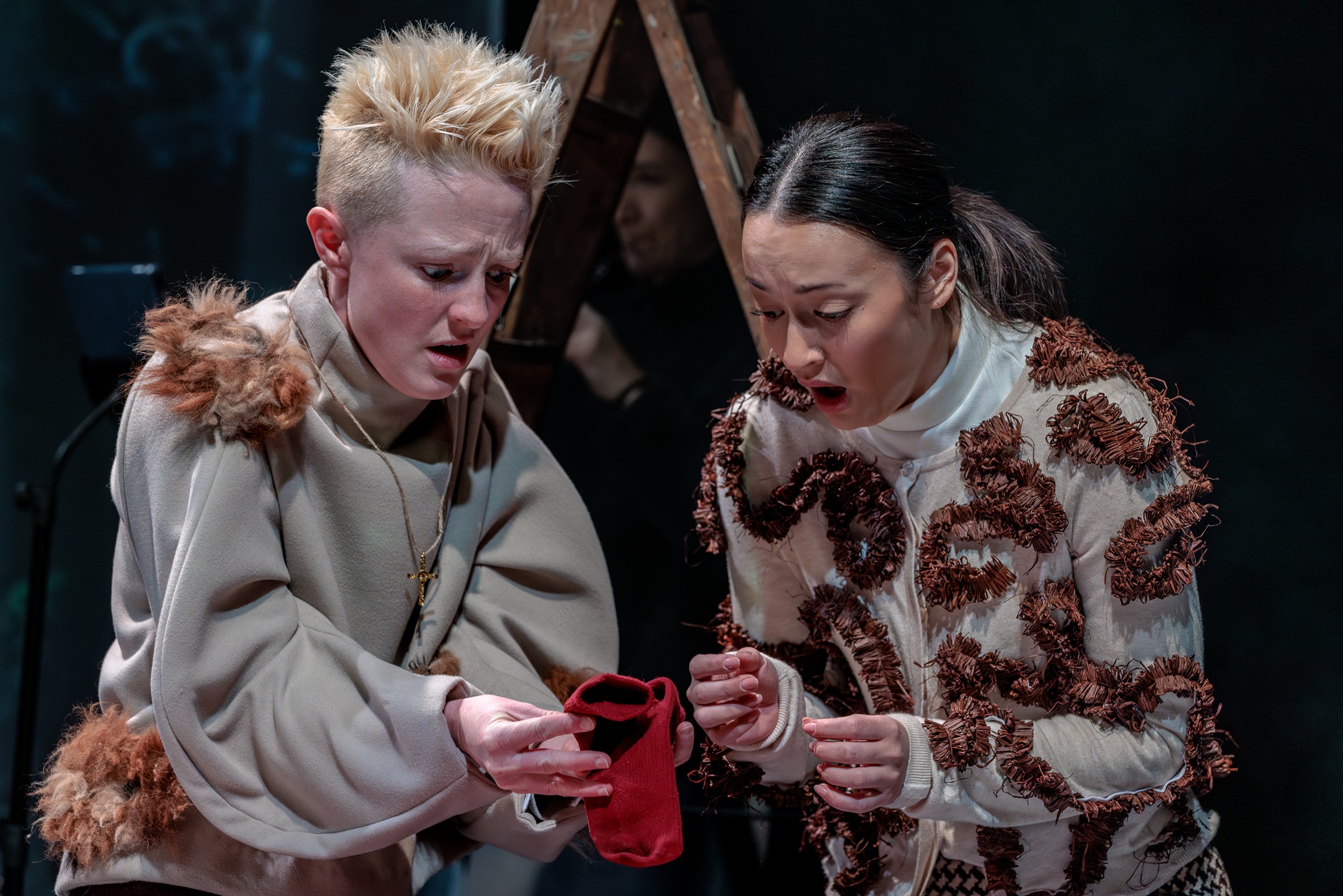The Different Theatre Professions
4 min read
Share
Bringing a play to life requires a wide variety of theatre professions.
From backstage staff to creatives and on-stage workers, the responsibilities included before, during, and after every play are almost endless.
Creatives
A playwright is responsible for writing the narrative of the play. They can be commissioned by theatres (after pitching an idea), directors (for collaborative work on a project), or producers (to write a format-based script).
Producers instigate productions, oversee the marketing efforts, and raise money. They can also work as general managers, making sure that everyone knows exactly what they’re doing.
Typically working in collaboration with the producer, the director brings together the creative team and the cast. Directors have the overall vision of the production and lead rehearsals until the opening night.
The overall look of a production is the designer’s responsibility. This includes costumes and sets, as designers create detailed sketches of costumes and a scaled model of the set so the production team can create them.
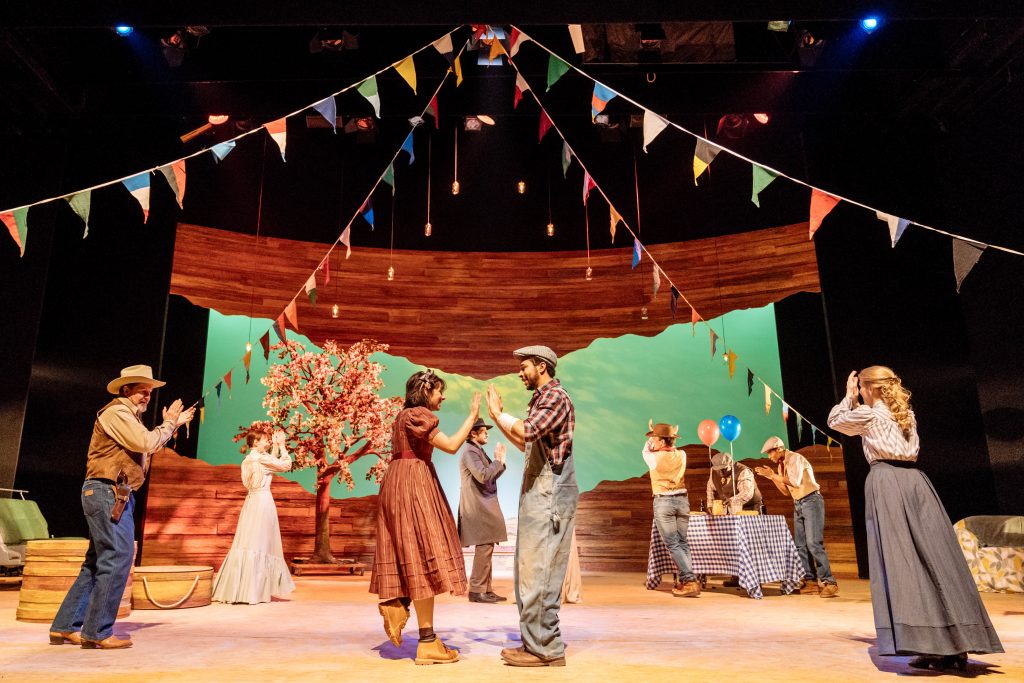
A lighting designer analyses the script to create the right atmosphere. Lighting up a set is a technical and creative job, and most lighting designers have a background in technical theatre.
Soundscapes, sound effects, and atmosphere – sound designers work together with the lighting designer and the designer to bring the play to life. They also work closely with composers and music directors, particularly in musicals.
When casting a play, the casting director works with the writer, producer, and director to make sure the play has the right actors. Casting directors organise the entire casting process, make suggestions, and introduce the director to actors.
Particularly important in musicals, a composer will also be responsible for the overall narrative of the play. Composers might also write lyrics, as original music is always a plus for productions.
All dance movement is created by the choreographer, who sets dance rehearsals alongside the director, stage manager, and musical director. They often also assist in casting and in auditioning dancers.
Movement and fight directors work closely with the director and the performers, proposing the physical language for social codes, etiquette, fight scenes, gestural language, and more.
A production manager brings to life the visions of both the director (or the choreographer) and the producer when it comes to technical constraints. This is achieved by coordinating wardrobe, projection, sound, lighting, stage management, and much more.
Company voice & text work are very important – they help the development of the character through voice techniques and the development of their lines according to the characters’ time period.
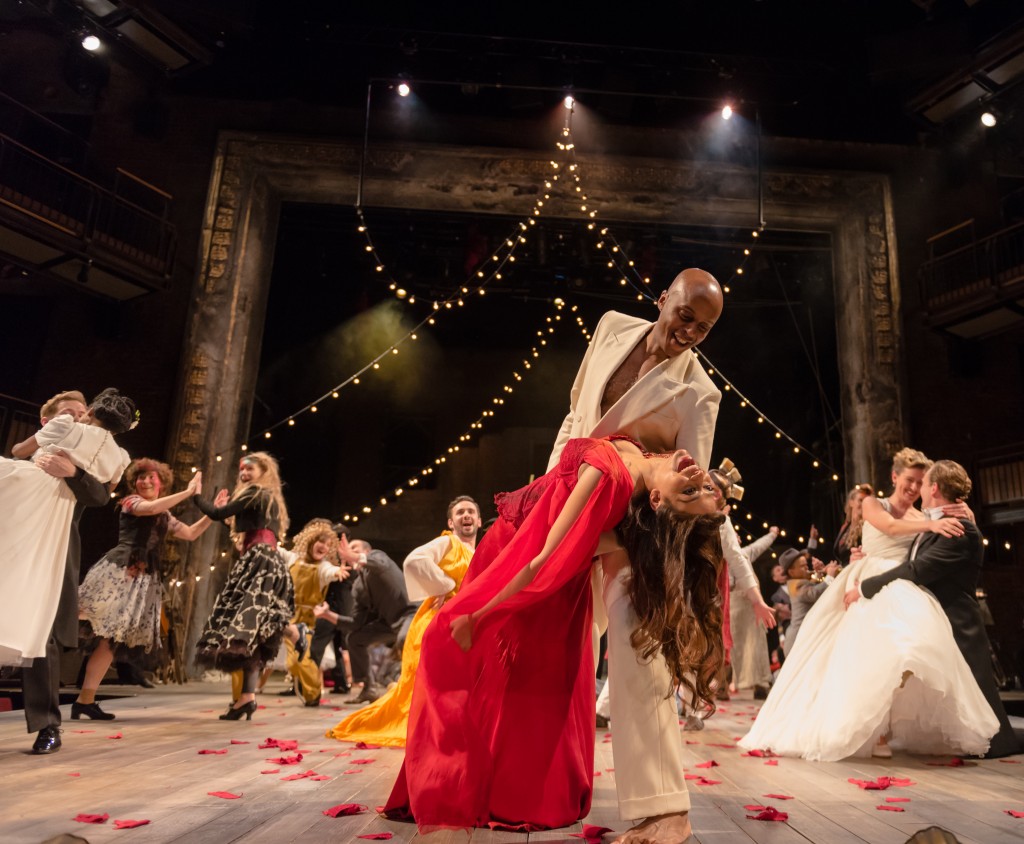
Backstage
A prop master or props supervisor has the responsibility of keeping within the budget provided by either the production manager, the producer, or the set designer when procuring the needed props. The department builds, creates, rents, purchases, repairs, and borrows all props and set dressing used for the play.
Technical directors organise and budget all the technical needs of a play, including lights, set materials, equipment rentals, special effects, and sound. They also coordinate the set builders, the lighting technicians, the sound technicians, and the crew.
From wigs to footwear, period clothing, and much more, a costume designer creates affordable, functional, and imaginative costumes that consider the actors’ safety, activity, and comfort.
The smooth running of rehearsals and timely attendance are the stage manager’s responsibility. Working closely with the director, production team, and producer, stage managers oversee actors before and during a play to make sure everything is running smoothly.
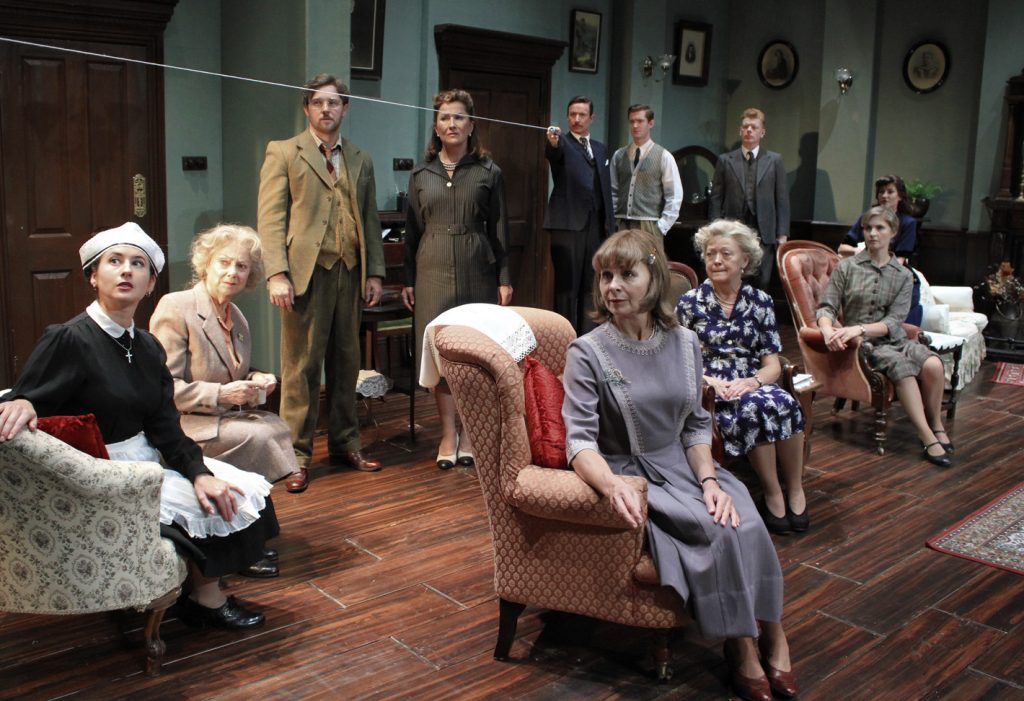
On-Stage
Actors, singers, and dancers are essential for plays. They combine their own artistic vision with the director’s to bring characters to life. Performers must be on time and know their lines and choreography to make sure plays go smoothly.
Understudies learn actors’ lines or choreography in case the play leads can’t be on stage due to an emergency, injury, illness, or even death. Should any of these situations occur, the understudies will take over the part.
Also known as instrumentalists, musicians specialise in music styles. Depending on background and culture, musicians may also play in a range of styles. They often also have skills such as singing, producing, performing, and more.
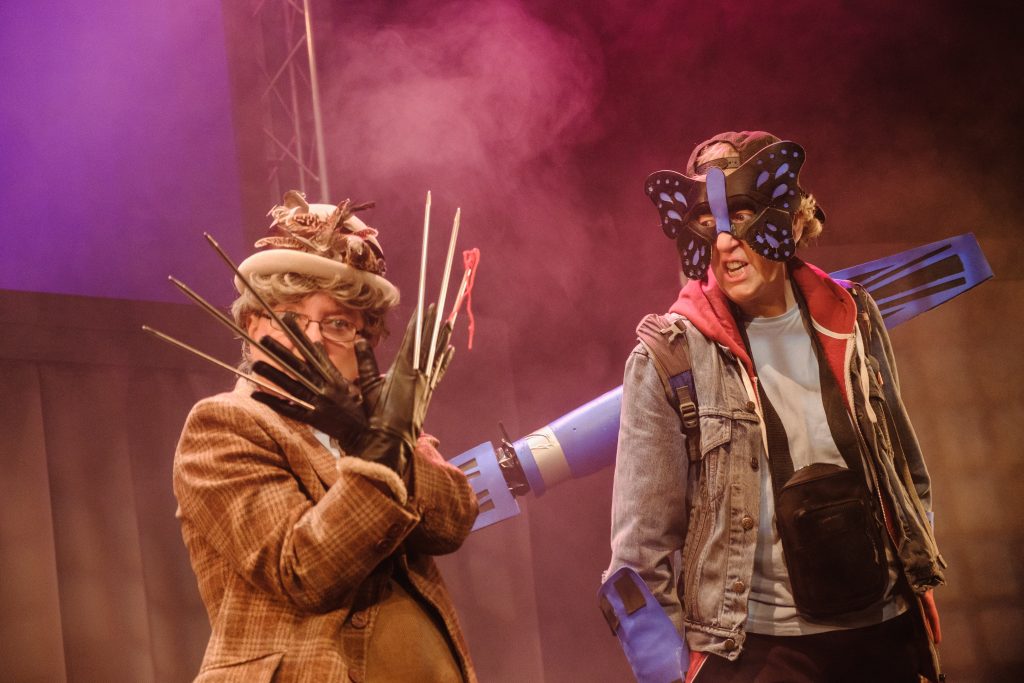
Marketing, Business, & Other
Marketing & PR are responsible for group sales, advertising, media relations, ticket marketing, the overall organisation’s image, and more, with the end goal of increasing revenues and expand audiences.
The box office processes ticket sales, keeping track of tickets sold by performance, the origin of sale, and type. They also ensure that all money is kept secure and that any complimentary tickets are organised.
Providing artists, visitors, and staff a warm welcome, stage door staff conduct administrative and reception duties. They respond to enquiries, both on the phone and in person, and must be knowledgeable of productions and activities to communicate them to staff, visitors, and the public.
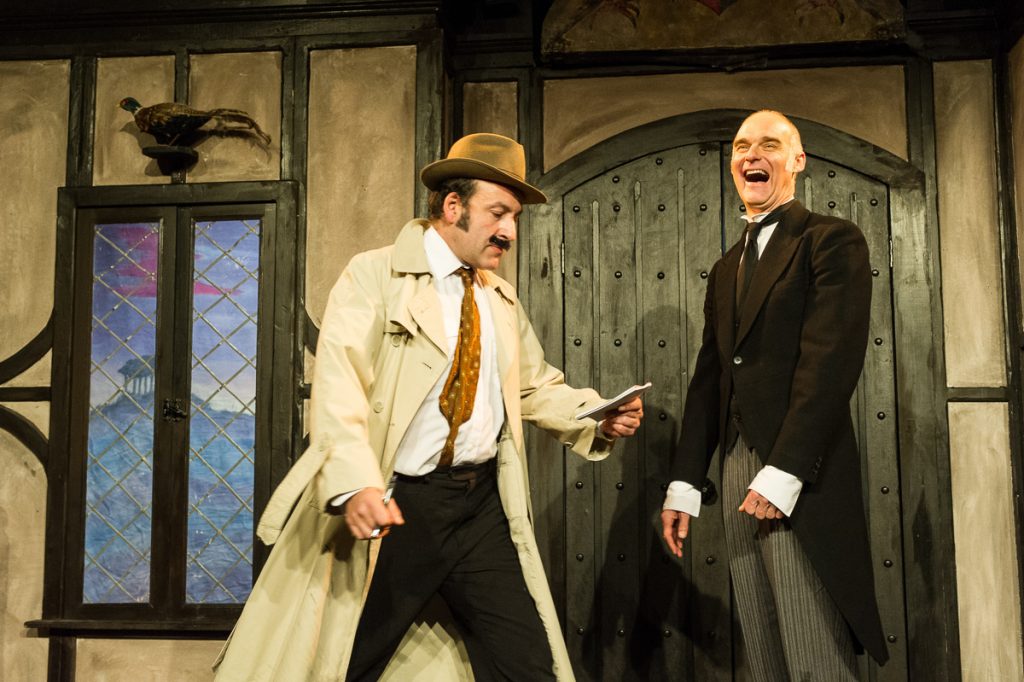
The front of house manager is responsible for supervising ushering, bar staff, and concessions. They count the tickets and create a final report at the end of every night, alongside coordinating activities and controlling audience traffic before the show and during all intermissions.
Reporting to the company’s Board of Directors, the business manager is responsible for the management of all operation administrative aspects. From budgeting, revenue development, human resources, legal aspects, supervision of marketing and box office, and more, a business manager also conducts community outreach and prepares grant applications.
From behind the scenes to helping everything run smoothly on the day and beyond, each play takes an army of passionate employees and theatre professions to bring to life characters and sets.

